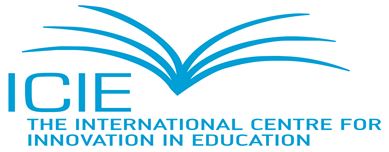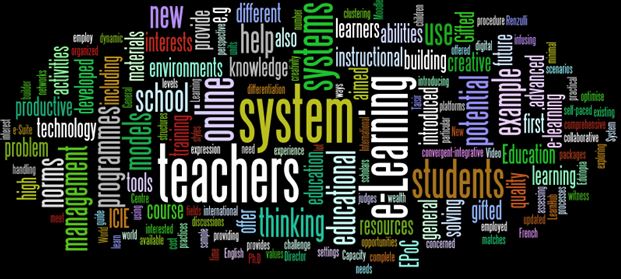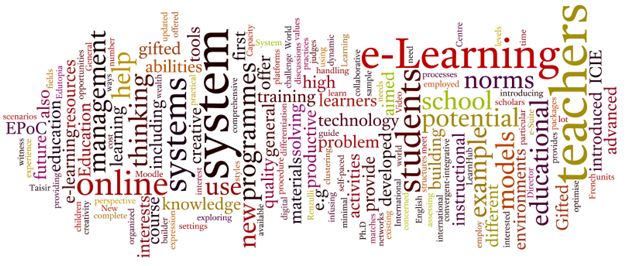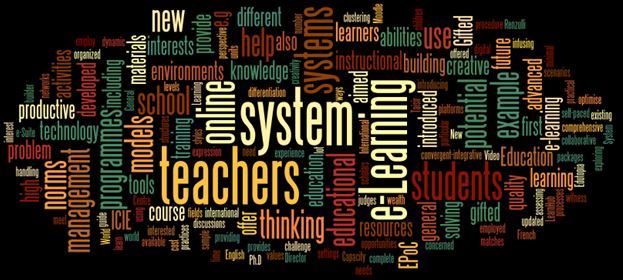New Horizons for Gifted Education in the Digital World
Prof. Dr. Taisir Subhi Yamin
General Director, The International Centre for Innovation in Education (ICIE)
If gifted education in particular, and the educational systems in general are to achieve the potential of the digital world then they need to do a lot of work to optimise the use of technology and computerised platforms and systems in educational settings. The future will witness a number of programmes and special provisions, including: tele-mentoring; online enrichment clustering; e-learning and virtual learning environments; teaching for productive thinking and future problem solving; global networks and forums for: students, teachers, parents and scholars aimed at sharing: knowledge, experience, interests, values and outcomes and benefits. The general approach recommended in this context is one of infusing more effective thinking skill practices into existing school structures rather than replacing the ways in which schools are organized and operated. It is aimed at introducing advanced models, processes and systems in e-learning and school management. For example, there are three advanced models for excellence in education, including: The Renzulli Learning System (which is the first integrated systems introduced to the educational system in the USA. It is used to identify and develop the gifts and talents of all children by providing easily accessible high quality materials and resources. It is an exciting new on-line comprehensive system that matches students' abilities, interests, styles of learning and expression can help teachers access, with minimal cost or time, a wealth of opportunities to provide packages for productive thinking skills and appropriate differentiation activities for students of all levels of achievement and abilities); Stratis e-Suite (which is the first school management system); and London Gifted & Talented (which develops high quality programmes which challenge learners and support teachers, and provides e-resources and online tools.
For example, the ICIE has developed online scoring and training system to be employed in the evaluation of potential creativity (EPoC. This system will offer EPoC to researchers and institutions interested exploring and assessing creative potential. There are international versions in English, French, German, Turkish, and Arabic. The norms are constantly being enhanced and updated as new people complete the measures; this dynamic norming procedure avoids outdated norms and allows norms to be refined using the largest available sample. The use of technology has also offered a new perspective on training judges to score children’s productions in the convergent-integrative tasks.
There is increasingly interest and focus on the latest developments concerned with the use of e-Learning in different fields of knowledge. For example, inside the open source e-Learning environments teachers could offer gifted, creative, and talented students self-paced instructional materials, collaborative assignments, decision making and problem solving activities, and online discussions. Capacity building programmes should be developed and introduced to help teachers in developing, handling, and implementing e-Learning units and courses, but also help them to meet the needs of diverse learners in different cultures. In addition, to enable teachers to learn the basics of instructional design (e.g., building scenarios for e-Learning), and provide them with a practical guide to employ e-Learning models, authoring tools, and resources (e.g., eLearning course builder, Scitable, Edutopia, LearnHub, Moodle, Edmodo, YouTube Edu, and ESL Video, Blackboard CE 6 course management system).



